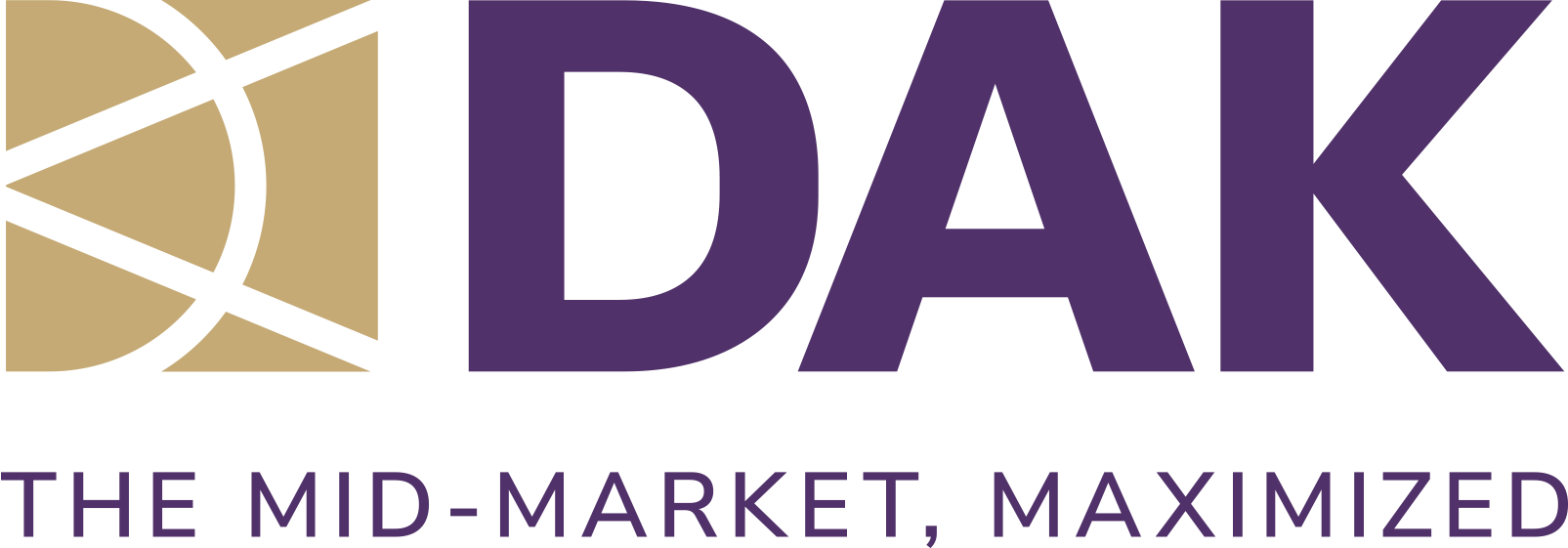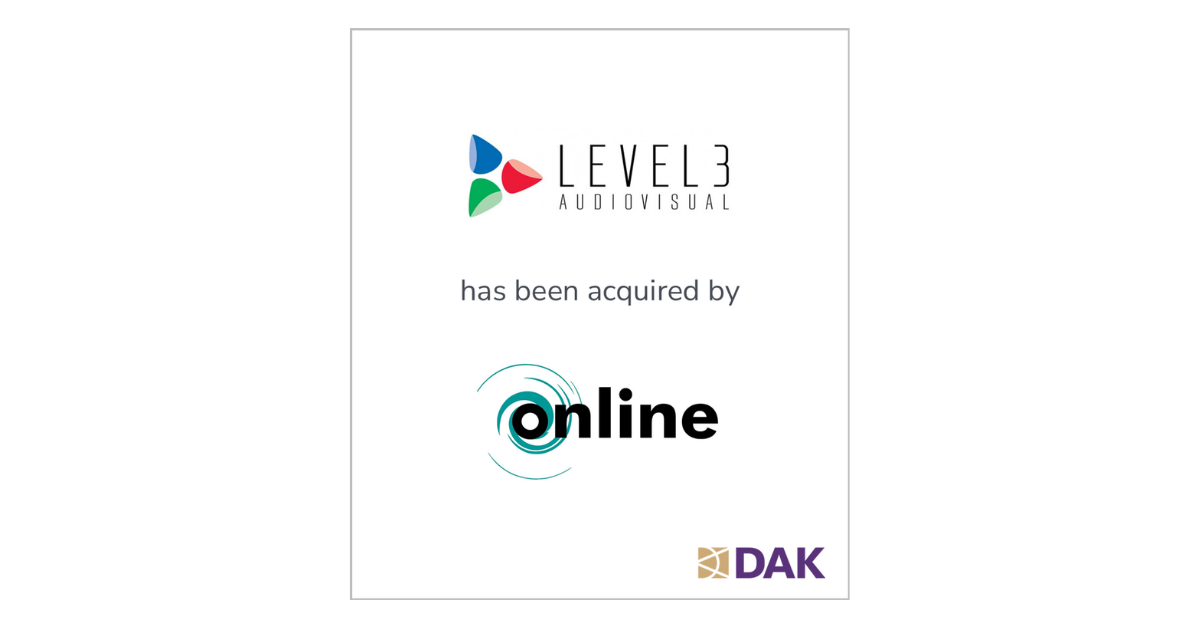If your business is considering raising capital, one of the first questions to consider is whether to seek equity, debt, or a combination.
“There are several questions a business owner has to address before determining which financing method is better:
- How predictable is my cash flow?
- How much risk can my business tolerate?
- Am I ready to take on a partner?
In general, financing with debt is almost always going to be considerably less expensive than equity, but will require consistent cash flow for the repayment of principal and interest.
Typically, an equity provider will demand a return on their investment that will be considerably higher than comparable interest expense. Furthermore, even a minority equity holder will require some say in the running of the business.
There are situations in which raising equity is better, such as with companies that do not have the cash flow to repay the debt over a relatively short period, or in the case of a company that may not be able to raise debt because of historical losses or lacking an established operating history.
Business owners need to be careful about the amount of debt they take on.
Business owners need to be careful about the amount of debt they take on. Many lenders will target leverage ratios, or the percentage mix of debt and equity, to determine if they will provide additional funds. Having too much debt can strain a company’s ability to obtain additional debt at a crucial time or could result in having to divert operating capital towards debt repayment.”
Mike Richmond is a Managing Director of DAK, an investment bank specializing in middle-market, privately-held companies. Mike advises business owners on sell-side and buy-side transactions, financial restructuring, capital advisory and valuations. Email Mike at mrichmond@dakgroup.com
CLICK BELOW FOR: PRINTABLE VERSION
READ ORIGINAL





